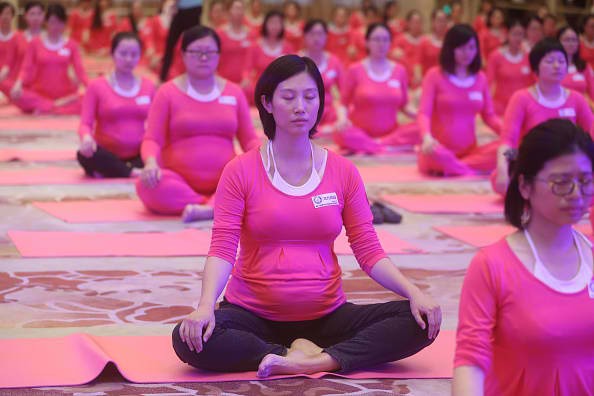As the two-child policy replaces the country's one-child policy, Chinese couples resort to in-vitro fertilization (IVF) using frozen embryos.
"I wanted to have a second baby very much, but I did not because of the family planning policy then," Liu said.
Liu Yang is from Henan Province and had her first child when she was 26 years old. She is now 42 years old and wanted to have a second child.
Because of the one-child policy, she decided to have her embryos frozen at the Henan Provincial People's Hospital in Zhengzhou. She first had an IVF procedure done but was unsuccessful.
"Right now, everything is OK," she said. "I will be following the doctor's advice, and now I am preparing to have one of the embryos revived to have another implant."
Wang Lu, a doctor at the reproductive medicine department of Henan Provincial People's Hospital, said, "With the adoption of the universal second-child policy, the number of patients to the center has been increasing. Sometimes we receive about 500 patients a day, and about a third of them are seeking the embryos they have kept here for implant surgery."
"The (pregnancy) success rate of implant surgeries of frozen embryos is about 60 percent, similar to that of fresh embryos. Based on the current technologies, embryos can be preserved for many years, and there is no expiration date, " said Zhang Cuilian, director of the department.
Another doctor from the provincial hospital, Yin Baoli, said, "Last year, about 2,800 frozen embryos were activated for IVF procedures. The number is expected to increase to between 3,000 and 3,500 this year."
There was also an increase in IVF procedures in Beijing, according to an officer at the Beijing Obstetrics and Gynecology Hospital.



























